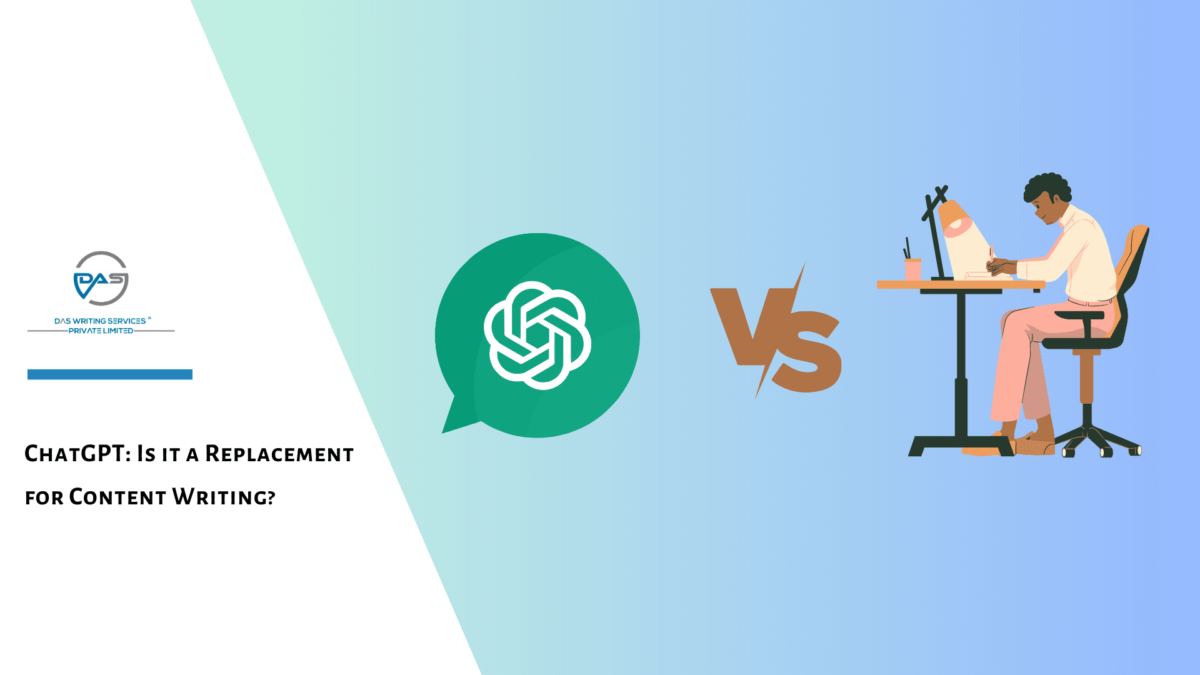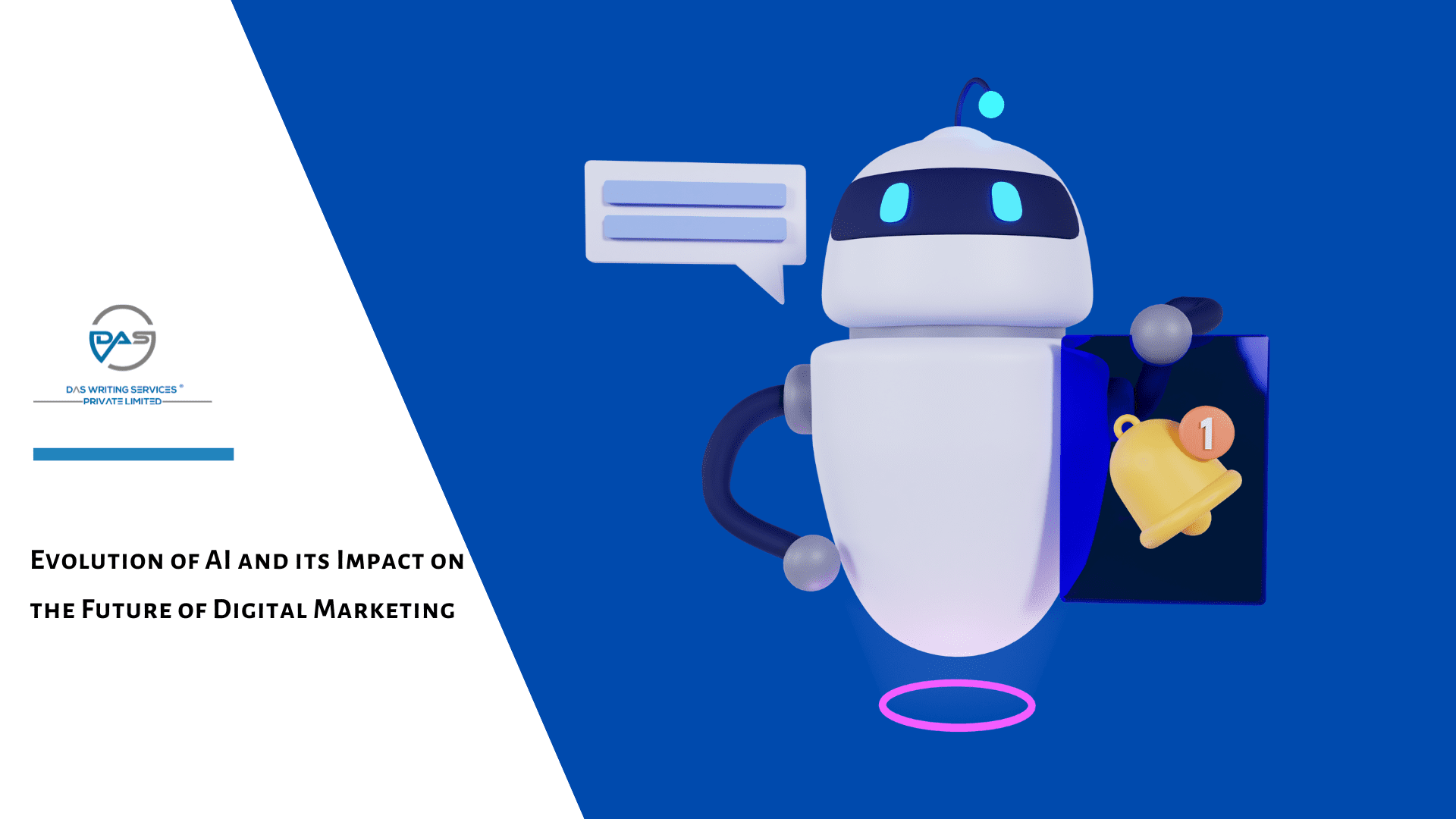Content writing is the backbone of digital engagement, and consistently producing high-quality content is crucial for capturing your audience’s attention. However, we know that creating engaging blog posts, social media updates, and email newsletters can be a daunting task.
That is where AI-powered tools like ChatGPT in content writing come in – to help streamline the writing process, spark inspiration, and save time. With over 200 million monthly active users worldwide, ChatGPT has rapidly become a go-to resource for content creators, marketers, and businesses alike. While AI cannot replicate the creativity and nuance of human writers, it can be a valuable collaborator.
In this guide, we will explore how to unlock ChatGPT’s full potential for content writing. You will learn practical tips on getting the best results while maintaining the human touch that makes your content shine.
What is ChatGPT?
ChatGPT is an advanced AI model developed by OpenAI designed to generate human-like text based on given prompts. From brainstorming content ideas to using ChatGPT for blog writing can be a versatile companion for content creators. However, the key to using it effectively lies in combining its capabilities with your unique voice and expertise.
Uses of ChatGPT for Content Writing
AI can assist in many aspects of content creation. Below are some of the best and practical uses of ChatGPT in content writing process.
1. Generate Article Outlines
Sometimes, getting started is the hardest part. If you are staring at a blank page, ChatGPT can quickly create an outline based on a brief prompt. For example, ask it to “Create an outline for a blog post on eco-friendly home tips,” and you will receive a structured starting point. This saves time while still allowing you to refine and add your personal insights as you go.
2. Write Content Headlines and Meta Descriptions
Crafting attention-grabbing headlines and well-optimised meta descriptions is crucial for online visibility. With ChatGPT, you can get several headline options tailored to your needs. Whether you want something catchy, direct, or keyword-focused, the AI can deliver a range of suggestions. Plus, it can craft concise meta descriptions that capture the essence of your content and improve SEO.
3. Summarise Blog Posts and URLs
Let us face it—long articles can be difficult to condense into short, impactful summaries. ChatGPT is great at summarising content while retaining the main points. This is especially useful when you need quick summaries for newsletters, reports, or even social media posts.
4. Draft Introductions and Conclusions
The introduction and conclusion are critical parts of any content piece. A strong opening hooks the reader, while a compelling conclusion leaves a lasting impression. ChatGPT in content writing can help draft these sections based on your topic and tone, providing you with well-rounded content. However, always review and personalise the AI’s suggestions to keep your writing authentic and engaging.
5. Aid Keyword Research
SEO is the backbone of successful online content. While ChatGPT is not a substitute for dedicated keyword research tools, it can provide keyword suggestions and ideas for long-tail phrases relevant to your topic. This can be helpful for creating content that is not only informative but also optimised for search engines.
6. Use Writing Prompts
We’ve all faced creative blocks at some point. When inspiration runs dry, writing prompts with ChatGPT can spark new ideas. For example, you could ask it to suggest content topics for a health and wellness blog, and it will generate a list of relevant ideas to jumpstart your next project.
7. Compose Ad Copy
Writing persuasive ad copy can be tricky, but content generation with ChatGPT can lend a hand here too. Whether you’re crafting social media ads, Google ads, or landing page content, the AI can produce copy designed to attract clicks and conversions. The key is to provide clear instructions on your target audience, goals, and preferred tone.
8. Edit Your Content
Good content writing goes beyond just putting words on a page—it is about refining and polishing your work. ChatGPT in content writing can assist with basic editing tasks like grammar checks, clarity improvements, and offering alternative phrasings. While it is no substitute for professional editing, it can be a helpful content weiting tool in the revision process.
The Importance of Balancing ChatGPT and Human Writers in Content Creation
While ChatGPT offers undeniable advantages in content creation, it is essential to strike a balance between AI-generated content and human input. AI content creation can handle repetitive tasks, generate ideas, and even write drafts, but it lacks the depth, empathy, and critical thinking that human writers bring to the table. Human creativity, emotional intelligence, and cultural understanding are irreplaceable when crafting content that resonates on a deeper level.
By integrating ChatGPT in content writing, you can improve efficiency and overcome creative blocks, but the final output should always be polished by a human touch. If you are looking for human generated content for your website, hiring a top content writing agency can come to your aid.
The role of human writers becomes especially important when tailoring content to specific audiences, managing brand tone, and ensuring that content aligns with broader strategic goals. In essence, AI should enhance—not replace—the valuable insights and originality that human writers provide.
Why is Content Writing Important in Today’s Digital World?
Content writing is more than just putting words on a page; it is a strategic tool for building connections, informing audiences, and driving business growth. In this section, we explore why content writing remains a critical component in today’s digital landscape:
1. Informing and Educating
Content serves as a valuable resource for your audience, answering their questions, solving their problems, and providing insights. Well-crafted content educates readers and empowers them to make informed decisions.
2. Building Trust and Credibility
Consistently delivering useful content establishes your brand as an authority in your industry. Trust and credibility are vital for converting leads into customers, and high-quality content is key to earning that trust.
3. Engaging and Entertaining
In addition to informing, great content also engages and entertains. Whether through storytelling, humour, or compelling narratives, well-written content keeps readers coming back for more and fosters a deeper connection with your brand.
4. Enhancing SEO and Organic Visibility
Content optimised with the right keywords and structured for readability performs well on search engines. This, in turn, drives organic traffic to your site, increasing your reach without the need for paid promotions.
5. Building Brand Awareness and Loyalty
Your content is an extension of your brand voice and values. By consistently producing content that resonates with your audience, you reinforce brand recognition and nurture loyalty among your readers.
6. Supporting Marketing and Sales Efforts
From educational resources to product descriptions, content plays a significant role in moving prospects through the sales funnel. Effective content writing helps your marketing efforts by providing the information and persuasion needed to drive conversions.
7. Establishing Thought Leadership
Producing insightful and thought-provoking content can position you as a leader in your field. By sharing expertise and unique perspectives, you build authority and influence, setting your brand apart from competitors.
8. Adapting to Various Channels and Formats
Content writing isn’t limited to one medium. It spans blog posts, social media updates, email campaigns, and more. Adapting your content to different platforms ensures that you reach your audience wherever they are.
Tips for Using ChatGPT for Content Writing
Using ChatGPT in content writing effectively involves more than just entering prompts. In this section, we provide tips to help you maximise its potential while ensuring that the content you produce remains polished and relevant:
1. Use Specific Prompts
When using ChatGPT, specificity is key. The more details you include in your prompt, the more relevant the output will be. For example, instead of saying, “Write a blog post,” be specific: “Write a 500-word blog post on the benefits of meditation for stress relief, targeting beginners.”
Tip: Follow the structure where you – assign a role first, given the instructions, establish the context for the task and then ideally offer some examples for it to follow. You can consider the following example:

2. Use Keywords
If you have specific keywords in mind for SEO, incorporate them into your prompts. This ensures the generated content naturally includes those terms, helping you stay aligned with your optimisation goals.
3. Use Multiple Prompts
Do not settle for the first output. Generate multiple options for different parts of your content—whether it is headline suggestions, paragraphs, or call-to-actions. Comparing various outputs gives you more flexibility to choose the best fit for your content.
4. Review and Edit Carefully
While ChatGPT is a powerful tool, it is crucial to always review and edit the generated content. Fine-tuning the AI’s output ensures that it matches your brand’s tone and addresses any factual inconsistencies. Remember, human touch is irreplaceable, and editing is where you can truly make the content your own.
What are the Alternatives to ChatGPT?
Although ChatGPT is a popular tool, several other AI options are available, each offering unique features. Here is a look at some of the top alternative AI writing tools and how they can complement your content creation efforts.
- GitHub Copilot: Initially designed as a coding assistant, GitHub Copilot is now used by content writers and developers alike for generating text and code suggestions. It’s especially useful for those who need to balance technical content writing with coding.
- Perplexity – Ask Anything: This AI is designed for answering complex questions with high accuracy. It is a valuable resource when researching detailed information or creating specialised content that requires in-depth answers.
- Claude: Developed by Anthropic, Claude offers content generation with a focus on ethical guidelines and human-centric values, making it a good fit for content that requires nuanced perspectives.
- Character.ai: For those who prioritise interactive content, Character.ai allows you to create and interact with AI-driven characters. It is useful for storytelling, role-playing, and generating character-driven content, offering a more creative approach to content writing.
- ChatSonic: Similar to ChatGPT but with more extensive features, ChatSonic is known for generating content with enhanced factual accuracy and up-to-date information, making it suitable for current events or timely blog posts.
- Google Gemini: Google’s Gemini integrates content generation with search and keyword analysis, making it a powerful tool for content creators who need research and writing in one platform.
Takeaway
ChatGPT in content writing stands as a powerful ally for content creators, offering a springboard for ideas and a means to overcome creative obstacles. This AI tool can significantly boost productivity and spark inspiration when writers face challenging topics or tight deadlines.
However, it is crucial to view ChatGPT as a supplement to human creativity rather than a replacement for it.
By using ChatGPT strategically and blending its capabilities with your personal expertise, you can create content that is not only efficient but also engaging and impactful.
Frequently Asked Questions
1. How do I maintain a human touch in AI-generated content?
To keep a human touch, focus on personalising and editing the content after generating it. Infuse your unique voice, add real-life examples, and ensure the content reflects your brand’s tone. AI should serve as a tool to assist, not replace, your creativity.
2. Can ChatGPT help with content editing and proofreading?
Yes, ChatGPT can assist with basic editing and proofreading by suggesting alternative phrasing, correcting grammar, and improving clarity. However, a thorough human review is recommended to maintain the context and quality of your content.
3. Can ChatGPT replace human writers entirely?
No, ChatGPT is not designed to replace human writers. It is best used as a tool to augment human creativity and productivity. While it can generate text quickly, it lacks the deep understanding, emotional intelligence, and real-world experience that human writers bring to their work.
The most effective approach is to use ChatGPT as a collaborative tool, combining its capabilities with human expertise and creativity.
4. How can I use ChatGPT for content research and keyword discovery?
ChatGPT can be a valuable tool for content research, especially when you need help identifying keywords and developing topic ideas. Here are a few tips on how to make the most of it:
- Generate a list of keywords
- Extract keywords from competitor sites
- Research keyword strategies
- Perform seo research with chatgpt
- Find blog topic ideas
- Discover relevant questions on a topic







Leave a comment